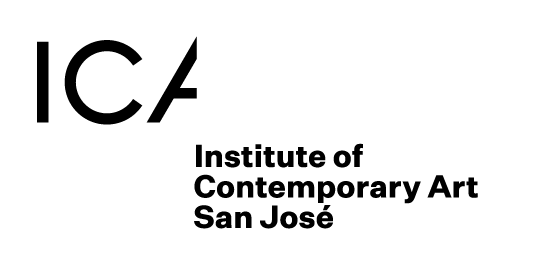Tony Cokes Black Celebration
November 8-15, 2020
Image above:
Tony Cokes Black Celebration (A Rebellion Against the Commodity), 1988. Copresentation with Bahala na.
When:
November 8 – 15.
Tony Cokes 17-minute film Black Celebration (A Rebellion Against the Commodity), 1988, a copresentation with Bahala na, will be available for viewing on this page beginning at 10 a.m. on Sunday, November 8 through 10 p.m. on Sunday, November 15.
Tony Cokes Black Celebration: A Rebellion Against the Commodity, 1988, grapples with the uprisings that took place in Black neighborhoods in Los Angeles, Boston, Newark, and Detroit in the 1960s. “Black Celebration” utilizes samples of text from Guy Debord, Barbara Kruger, Martin Gore, and Morrissey alongside edited newsreel and documentary footage of the riots, set to music by the industrial rock band Skinny Puppy. In Cokes’ words, “The intent of the piece is to introduce a reading that will contradict received ideas which characterize these riots as criminal or irrational.” The subtitle of the work alludes to the economic conditions that underscore the experience and construct of race in America, Cokes suggesting that the “race riots” of the 1960’s were motivated by a frustration with the racist logic of capital. The rebellions that ensued throughout the country’s cities sought to rupture the social and economic value derived from Black labor and culture.
Black Celebration is timeless in its relevance, especially in the multiple readings of “celebration” it offers. Cokes’ answer to the question “What motivates people to riot?” remains integral to the future of the United States. The racist logic of capital becomes ever more visible as the pandemic swells, disproportionately affecting communities of color, and police-perpetrated violence against Black people continues. In coverage of the ongoing movement for racial justice, protests remain framed as violent flare-ups, though incidents are statistically few and far between. Without seeking to simply reconcile protest as acceptable in its separation from rioting, Cokes instead attempts to expand the spectrum of valid dissent. Leaving room for the imaginative future of our collective anger, “Black Celebration” offers an opening rather than a binary closure, a dwelling place for resistance and reconfiguration. The work is never done.
About the Artist
Tony Cokes’ videos and installations investigate the limits of discourse and identity construction, juxtaposing disparate signifiers stripped of their original contexts. These include voiceovers, archival footage, written text, post-punk music, and popular media. Complicating both how race enacts personal and collective subjectivity, as well as the dominant perception of race, gender, and class through the “representational regimes of image and sound,” Cokes’ works are renowned for their engagement in affective, conceptual critique.
Tony Cokes was born in 1956. He received a B.A. from Goddard College, Vermont; participated in the Whitney Museum Independent Study Program; and gained an M.F.A. from Virginia Commonwealth University, Richmond. He has received grants and fellowships from the Rockefeller Foundation, the Guggenheim Foundation, the National Endowment for the Arts, the New York State Council for the Arts, the New York Foundation for the Arts, and the Getty Research Institute. Cokes’s video and multimedia installation works have been included in exhibitions at The Museum of Modern Art; the Whitney Museum of American Art; the Guggenheim Museum in Soho; The New Museum of Contemporary Art in New York; the Institute of Contemporary Art, Boston; Documenta X, Kassel, Germany; and the Institute of Contemporary Art, Philadelphia. Recent solo exhibitions and screenings have taken place at REDCAT, Los Angeles; the Gene Siskel Film Center at the University of Chicago; and Greene Naftali Gallery, New York. Cokes lives in Providence, Rhode Island, and is a Professor of Modern Culture and Media at Brown University.
About Bahala na
Inspired by a Filipinx philosophical mantra, Bahala na presents a multi-site contemporary art experience, bringing artists, writers, and performers together in order to generate a platform for socially-minded artistic practice and community engagement. Bahala na is currently curated by Christopher Sicat and Theodore Lau.
Courtesy of Video Data Bank at the School of the Art Institute of Chicago, vdb.org.

